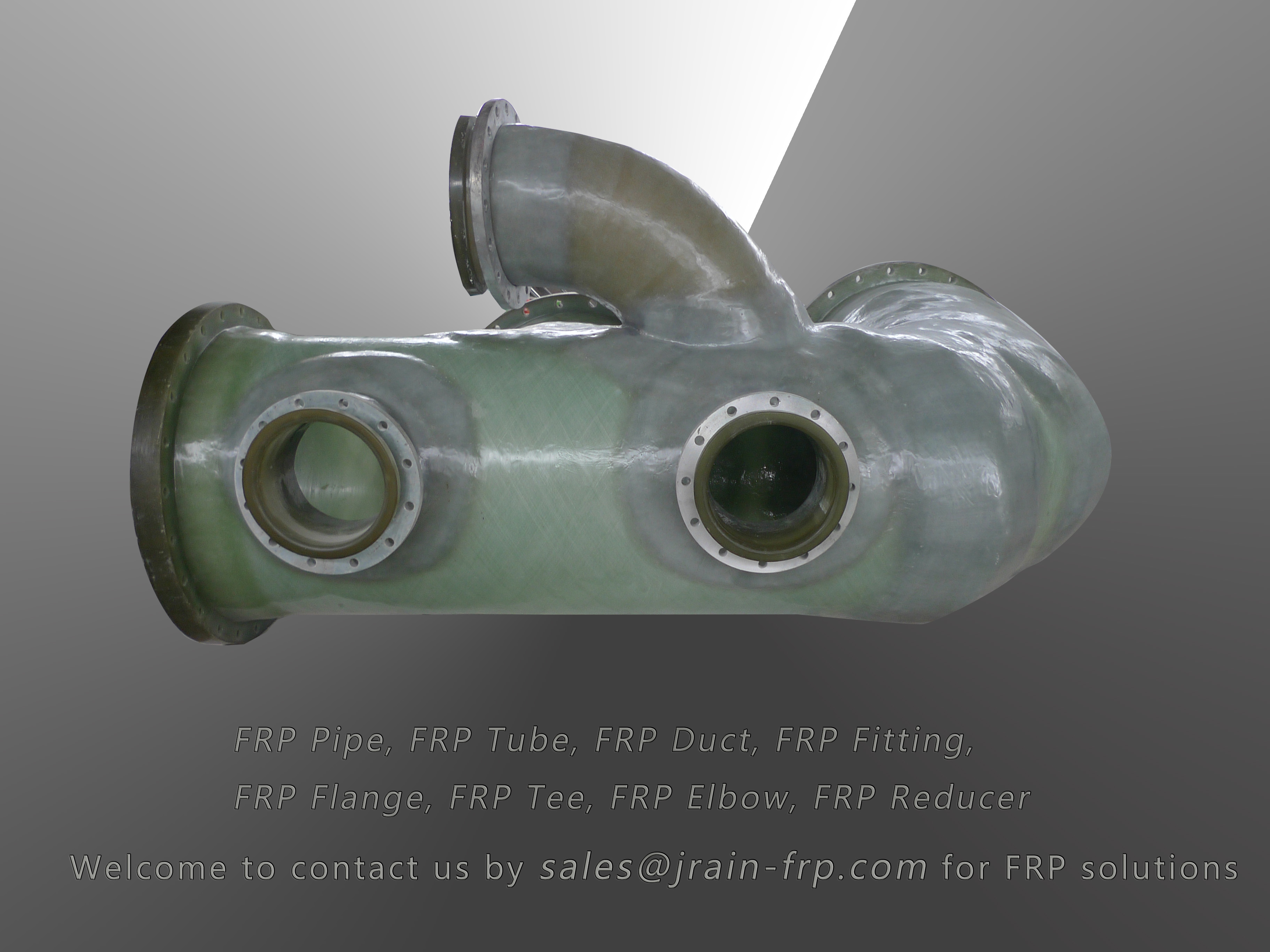
-
 Afrikaans
Afrikaans -
 Albanian
Albanian -
 Amharic
Amharic -
 Arabic
Arabic -
 Armenian
Armenian -
 Azerbaijani
Azerbaijani -
 Basque
Basque -
 Belarusian
Belarusian -
 Bengali
Bengali -
 Bosnian
Bosnian -
 Bulgarian
Bulgarian -
 Catalan
Catalan -
 Cebuano
Cebuano -
 China
China -
 China (Taiwan)
China (Taiwan) -
 Corsican
Corsican -
 Croatian
Croatian -
 Czech
Czech -
 Danish
Danish -
 Dutch
Dutch -
 English
English -
 Esperanto
Esperanto -
 Estonian
Estonian -
 Finnish
Finnish -
 French
French -
 Frisian
Frisian -
 Galician
Galician -
 Georgian
Georgian -
 German
German -
 Greek
Greek -
 Gujarati
Gujarati -
 Haitian Creole
Haitian Creole -
 hausa
hausa -
 hawaiian
hawaiian -
 Hebrew
Hebrew -
 Hindi
Hindi -
 Miao
Miao -
 Hungarian
Hungarian -
 Icelandic
Icelandic -
 igbo
igbo -
 Indonesian
Indonesian -
 irish
irish -
 Italian
Italian -
 Japanese
Japanese -
 Javanese
Javanese -
 Kannada
Kannada -
 kazakh
kazakh -
 Khmer
Khmer -
 Rwandese
Rwandese -
 Korean
Korean -
 Kurdish
Kurdish -
 Kyrgyz
Kyrgyz -
 Lao
Lao -
 Latin
Latin -
 Latvian
Latvian -
 Lithuanian
Lithuanian -
 Luxembourgish
Luxembourgish -
 Macedonian
Macedonian -
 Malgashi
Malgashi -
 Malay
Malay -
 Malayalam
Malayalam -
 Maltese
Maltese -
 Maori
Maori -
 Marathi
Marathi -
 Mongolian
Mongolian -
 Myanmar
Myanmar -
 Nepali
Nepali -
 Norwegian
Norwegian -
 Norwegian
Norwegian -
 Occitan
Occitan -
 Pashto
Pashto -
 Persian
Persian -
 Polish
Polish -
 Portuguese
Portuguese -
 Punjabi
Punjabi -
 Romanian
Romanian -
 Russian
Russian -
 Samoan
Samoan -
 Scottish Gaelic
Scottish Gaelic -
 Serbian
Serbian -
 Sesotho
Sesotho -
 Shona
Shona -
 Sindhi
Sindhi -
 Sinhala
Sinhala -
 Slovak
Slovak -
 Slovenian
Slovenian -
 Somali
Somali -
 Spanish
Spanish -
 Sundanese
Sundanese -
 Swahili
Swahili -
 Swedish
Swedish -
 Tagalog
Tagalog -
 Tajik
Tajik -
 Tamil
Tamil -
 Tatar
Tatar -
 Telugu
Telugu -
 Thai
Thai -
 Turkish
Turkish -
 Turkmen
Turkmen -
 Ukrainian
Ukrainian -
 Urdu
Urdu -
 Uighur
Uighur -
 Uzbek
Uzbek -
 Vietnamese
Vietnamese -
 Welsh
Welsh -
 Bantu
Bantu -
 Yiddish
Yiddish -
 Yoruba
Yoruba -
 Zulu
Zulu
Durable Fibreglass Storage Tanks for Efficient Liquid Management Solutions
The Advantages and Applications of Fibreglass Storage Tanks
In modern industries, the storage and transportation of various liquids—whether hazardous, corrosive, or benign—pose significant challenges. Fibreglass storage tanks have emerged as a leading solution due to their inherent benefits and versatility. This article explores the advantages of fibreglass tanks and the diverse applications they serve across multiple sectors.
Durability and Longevity
One of the primary advantages of fibreglass storage tanks is their remarkable durability. Unlike traditional materials like steel or concrete, fibreglass reinforced plastic (FRP) is inherently resistant to corrosion and degradation. This is particularly beneficial in industries that handle aggressive chemicals, such as the chemical processing and oil and gas sectors. The resistance to corrosion extends the lifespan of fibreglass tanks, reducing maintenance costs and the need for frequent replacements.
Moreover, fibreglass tanks can withstand extreme temperature fluctuations. This thermal resilience is crucial for industries where the stored substances are subjected to varying environmental conditions. Whether it's hot, humid climates or cold, dry environments, fibreglass tanks maintain their structural integrity, ensuring the safety of stored materials.
Lightweight and Cost-Effective
In terms of weight, fibreglass tanks are significantly lighter than their steel or concrete counterparts. This lightweight characteristic simplifies the installation process, allowing for easier transport and on-site assembly. Reduced weight can also lower transportation costs, as less robust support structures are needed, and installations require less heavy machinery.
This aspect of affordability continues with the reduced operational costs associated with fibreglass tanks. Although the initial investment may be higher than traditional materials, the long-term savings resulting from lower maintenance and replacement costs often outweigh the initial expenditure. Additionally, their energy efficiency in insulating liquids can lead to further cost savings in energy bills.
fibreglass storage tanks

Customization and Versatility
Fibreglass storage tanks are highly customizable. Manufacturers can tailor tanks to fit specific requirements regarding size, shapes, and functionality. This flexibility allows industries to have tanks that perfectly meet their needs, whether for water storage, chemical containment, or other specialized applications.
Moreover, fibreglass tanks can be manufactured in various configurations, including vertical, horizontal, and above-ground or underground installations. This versatility makes them suitable for a wide range of applications. By serving multiple industries—such as agriculture, wastewater treatment, and pharmaceutical production—fibreglass storage tanks have proven themselves as a multipurpose solution.
Environmental Considerations
As environmental regulations tighten, the eco-friendliness of storage solutions becomes increasingly important. Fibreglass tanks offer an advantage in this area as well. Their corrosion-resistant nature means they do not leach harmful substances into surrounding soil or groundwater, which can be a concern with other materials. This environmental safety aspect meets regulatory requirements and promotes sustainability within industrial operations.
Furthermore, advancements in manufacturing techniques have led to the production of fibreglass storage tanks using recycled materials, further reducing their ecological footprint. Companies seeking sustainable practices will find fibreglass storage tanks align with their goals.
Conclusion
In conclusion, fibreglass storage tanks represent a sophisticated solution for various industries dealing with the storage of liquids. Their durability, cost-effectiveness, customization options, and environmental benefits make them an attractive choice over traditional materials. As industries continue to evolve and face new challenges, the adoption of fibreglass tanks will likely increase, solidifying their role as a cornerstone in the safe and effective storage of liquids. From chemical processing to water treatment, fibreglass storage tanks are set to play a significant role in future industrial practices, ensuring safety, efficiency, and sustainability across the board.
Latest news
-
Exploring the Benefits of Top Hammer Drifter Rods for Enhanced Drilling PerformanceNewsJun.10,2025
-
High-Precision Fiberglass Winding Machine for GRP/FRP Pipe Production – Reliable & Efficient SolutionsNewsJun.10,2025
-
FRP Pipes & Fittings for Shipbuilding - Corrosion-Resistant & LightweightNewsJun.09,2025
-
Premium FRP Flooring Solutions Durable & Slip-ResistantNewsJun.09,2025
-
Premium Fiberglass Rectangular Tanks Durable & Lightweight SolutionNewsJun.09,2025
-
Tapered Drill String Design Guide Durable Performance & UsesNewsJun.09,2025









